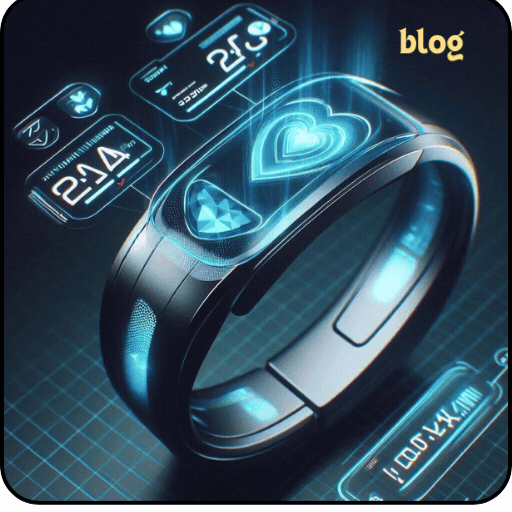We reviewed the previous-gen Galaxy Watch 6, and in July, Samsung launched a new BioActive Sensor to help with preventative wellness alongside its new Galaxy Watch 7 series.
The device monitors real-time health and lifestyle data, which is automatically analyzed by Samsung’s Health Research Stack, a system designed to enhance research accuracy and efficiency. The goal is to gain insights into how patients recover physically and mentally, aiding in medical decision-making and helping individuals better prepare for future challenges.

In a related study, Tulane University’s School of Medicine is using Galaxy Watch data to study cardiovascular disease risk. Their research aims to develop biomarkers for early detection of risk factors in diverse populations, with participants being monitored for up to three years.
The data, including biometric and health records, will be analyzed to understand the complex factors contributing to cardiovascular disease. Samsung and Tulane’s Heart and Vascular Institute aim to create algorithms for predicting and preventing cardiovascular conditions.
Dr. Hon Pak, Senior Vice President at Samsung Electronics, emphasized the company’s focus on leveraging sensor technology and collaboration with medical institutions to explore the mind-body connection and deliver holistic, preventative health solutions.These studies aim to unlock new possibilities in medical research and individual health management.
Filed in . Read more about Connected Health, Digital Health, Galaxy Watch, Health, Medical and Samsung.












